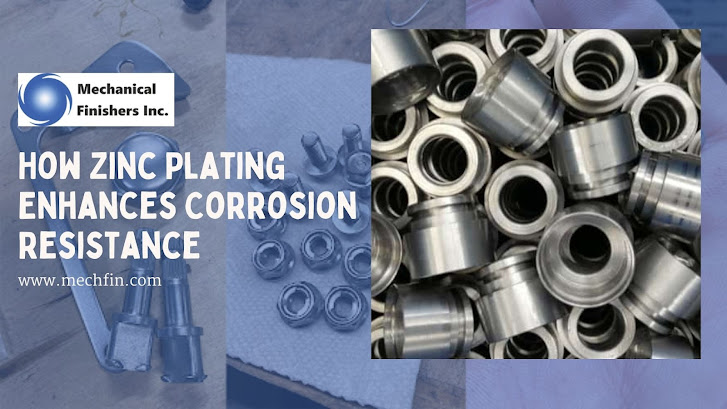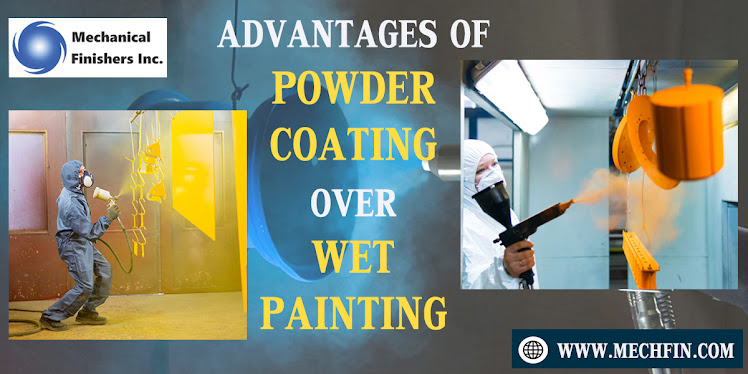How Zinc Plating Enhances Corrosion Resistance
Understanding the Role of Zinc Plating
Zinc plating, a process of applying a protective layer of zinc onto metal surfaces, stands as a formidable shield against corrosion, offering unparalleled protection to a variety of metal parts. At Mechanical Finishers Inc, we specialize in providing top-notch zinc plating services as part of our comprehensive Mechanical Finishing Services. Let's delve into how zinc plating enhances corrosion resistance and why it's a crucial step in ensuring the longevity and durability of metal components.
Factors Affecting Zinc Plating's Effectiveness
Thickness of Zinc Coating
The thickness of the zinc coating plays a crucial role in determining its effectiveness in corrosion protection. Thicker coatings provide better durability and longevity, especially in aggressive environments.
Surface Preparation
Proper surface preparation, including cleaning and pre-treatment, is essential to ensure good adhesion and uniform coverage of the zinc coating, maximizing corrosion resistance.
Environmental Conditions
Environmental factors such as temperature, humidity, and exposure to pollutants can influence the rate of corrosion on zinc-plated surfaces. Regular maintenance and inspection are necessary to mitigate these effects.
Advantages of Zinc Plating in Enhancing Corrosion Resistance
Barrier Protection
The zinc coating provides a physical barrier that prevents corrosive substances from coming into contact with the underlying metal. This barrier significantly slows down the corrosion process, extending the lifespan of the metal component.
Sacrificial Protection
Zinc is more reactive than iron or steel, meaning it readily undergoes oxidation in the presence of oxygen and moisture. This sacrificial behavior ensures that the zinc coating corrodes first, protecting the base metal from harm.
Cathodic Protection
In addition to sacrificial protection, zinc plating also offers cathodic protection to the underlying metal. This occurs when the zinc coating acts as a cathode, attracting corrosive ions away from the metal substrate, further reducing the risk of corrosion.
The Science Behind Zinc Plating
Zinc plating works on the principle of sacrificial protection, where the zinc layer acts as a sacrificial anode, corroding in place of the underlying metal. This sacrificial action prevents oxidation and corrosion of the base metal, effectively extending its lifespan. Additionally, zinc plating creates a barrier against moisture, chemicals, and other corrosive elements, further fortifying the metal surface.
Conclusion
In conclusion, zinc plating stands as a cornerstone of corrosion protection, offering unparalleled durability, versatility, and cost-effectiveness. At www.mechfin.com, we combine state-of-the-art facilities, expertise, and a commitment to quality to deliver top-notch zinc plating services that exceed expectations. Trust us to safeguard your metal components against corrosion and ensure their longevity and performance for years to come.
Original Source, https://bit.ly/3TnvVLk


Comments
Post a Comment